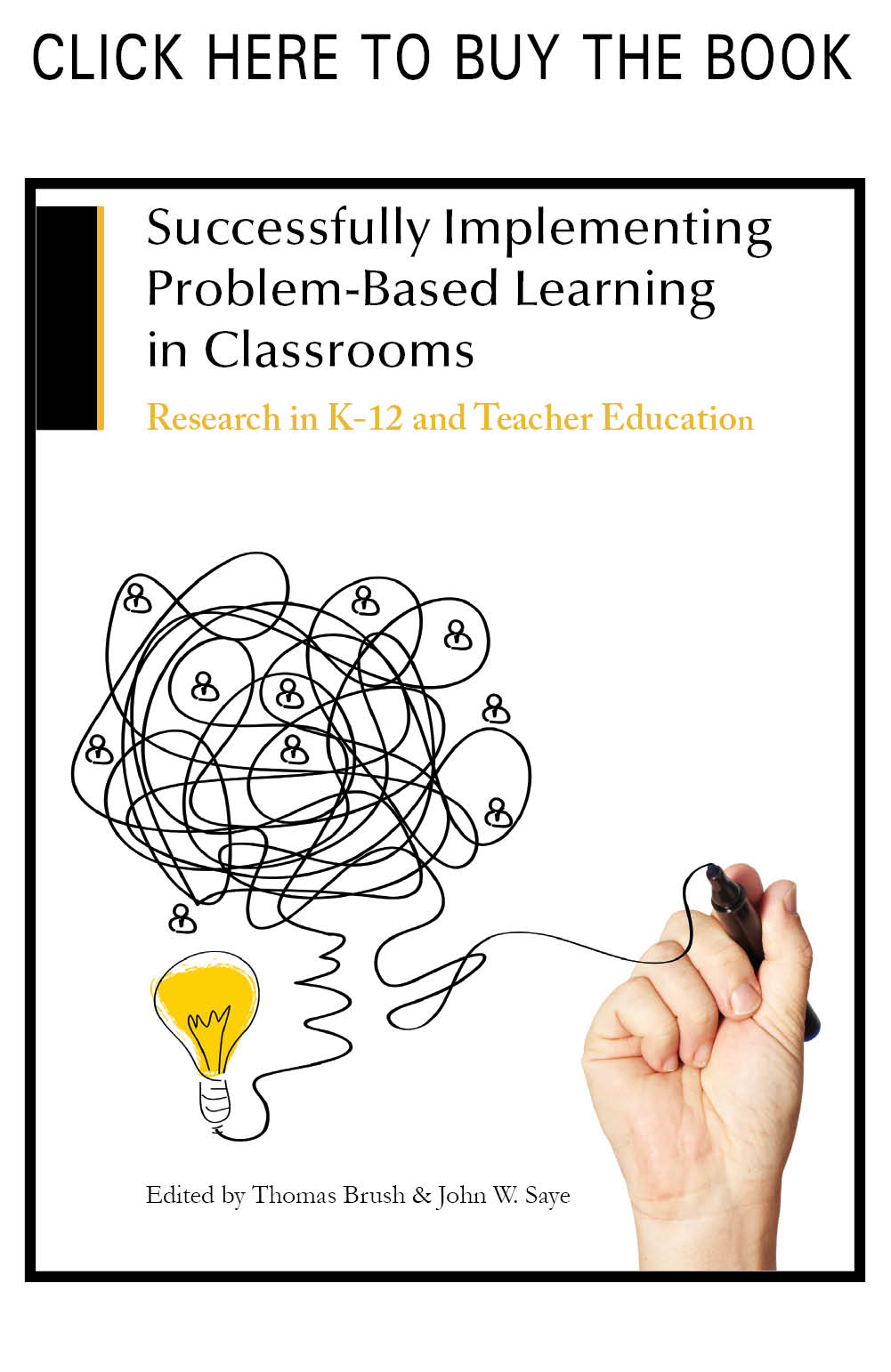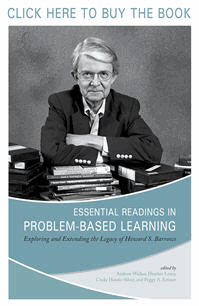Abstract
The development of primary school teachers is an important aspect of a country’s economic, social, and political well-being. The use of particular pedagogies in teacher education may greatly influence how teachers perform in their classrooms after completing their training programs. This micro-ethnography investigated the extent to which teacher educators in Botswana’s College of Education used problem-based learning (PBL) approaches in the development of preservice primary teachers. While the findings of this micro-ethnography showed that particular teacher educators rarely used problem-based learning approaches, the accompanying insights helped to bring a deeper understanding of what is needed for Botswana’s teacher education program to shift to a problem-based learning pedagogy on three levels: teaching practices, curriculum policies, and further research within a particular geopolitical context.
Recommended Citation
Major, T.
,
&
Mulvihill, T. M. Dr.
(2018). Problem-Based Learning Pedagogies in Teacher Education: The Case of Botswana. Interdisciplinary Journal of Problem-Based Learning, 12(1).
Available at: https://doi.org/10.7771/1541-5015.1543
Included in
Curriculum and Instruction Commons, Curriculum and Social Inquiry Commons, Quantitative, Qualitative, Comparative, and Historical Methodologies Commons, Teacher Education and Professional Development Commons




